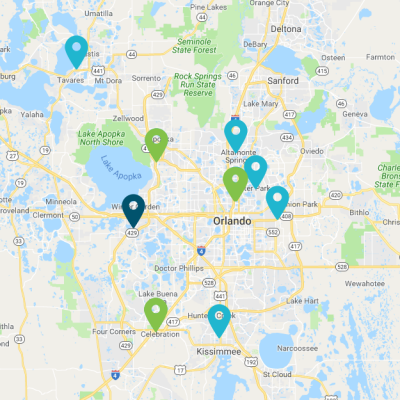Because NPH is commonly diagnosed in people over 60, its symptoms are often confused with the natural aging process. It may even be misdiagnosed as Alzheimer’s or Parkinson’s disease. But, when detected early enough, NPH can be treatable and reversible. Symptoms may include loss of urinary control, memory loss and problems walking.
There are two types of NPH:
- Idiopathic (or Primary) — Though it has no known cause, it’s characterized by a triad of symptoms: dementia, urinary incontinence and gait disturbance.
- Secondary — This type is typically associated with a head injury, an infection of the brain, hemorrhage or a tumor.
NPH is caused by an accumulation of cerebrospinal fluid (CSF) that causes the ventricles in your brain to become enlarged, sometimes without creating much intracranial pressure (ICP). Fortunately, there’s a way to remove the fluid by attaching a small, external drain to your lower back. If this temporary solution improves your symptoms, our physicians will likely recommend you have a permanent shunt implanted under your skin to continuously regulate the fluid and provide ongoing relief.






